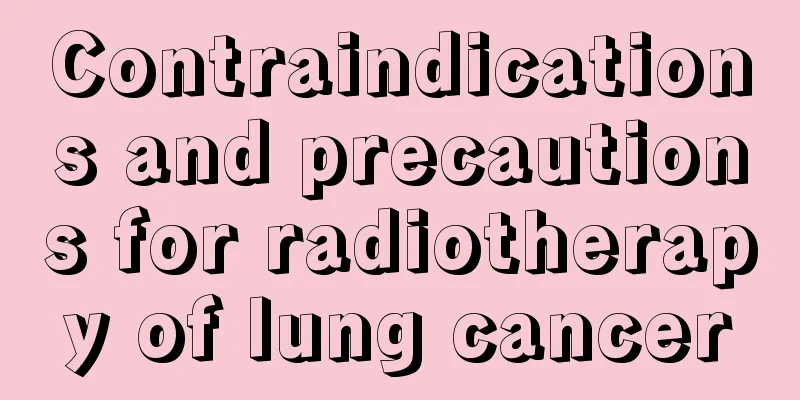What are the auxiliary treatment methods for preventing recurrence of liver cancer after surgery

|
More than half of patients will experience cumulative recurrence within 5 years after radical resection of liver cancer, so preventing recurrence is very important. The purpose of adjuvant therapy after liver cancer surgery is to reduce the risk of postoperative recurrence. Hepatic artery chemoembolization is the main auxiliary treatment after surgery. However, hepatic artery chemoembolization itself has a certain degree of damage to liver function. Therefore, there is controversy at home and abroad on whether auxiliary hepatic artery chemoembolization should be used after radical surgery for liver cancer. Now it is generally believed that for patients with a high risk of postoperative recurrence, 1 to 2 hepatic artery chemoembolization should be performed. If it is a small liver cancer, there is no vascular invasion, and it is a single nodule, it is not necessary to perform auxiliary hepatic artery chemoembolization after surgery, especially for those small liver cancers with more severe cirrhosis. Hepatic artery chemoembolization should be used with caution after surgery. Clinical trial results have confirmed that the use of interferon after radical surgery can reduce the recurrence rate after surgery. The adverse reactions of interferon are relatively small and most patients can tolerate it. It usually takes 1 to 2 years to use. Current studies have shown that if a protein called P48 is positive in the liver cancer specimens removed after surgery, the effect of interferon use is better. At present, it is generally not recommended to give systemic chemotherapy after surgery, because liver cancer is not sensitive to traditional chemotherapy drugs. There is no evidence that systemic chemotherapy is effective in preventing postoperative recurrence, and systemic chemotherapy has serious adverse reactions. For patients after liver cancer resection, it may do more harm than good. |
<<: Four indications for surgical treatment of lung cancer
>>: How to follow up after liver cancer resection
Recommend
Wash your face with toothpaste_
Toothpaste is something people use to clean their...
Treatment for hair loss in your 20s
Not only middle-aged friends will experience hair...
What are the early symptoms of prostate cancer
Prostate cancer may not have obvious symptoms in ...
Hemorrhoids and blood clots in stool
It is said that "nine out of ten people have...
How many times a day should you urinate to be considered normal
I believe everyone knows the importance of urinat...
What are the dangers of endometrial cancer
Gynecological diseases affect women's normal ...
What are the treatments for testicular cancer
Testicular cancer is a very serious male disease ...
Nails reflect health, these abnormal phenomena should be taken seriously
Our nails can reflect our physical health. If we ...
How should laparoscopic surgery be performed?
The examination and treatment of pelvic and ovari...
What is the reason why you can't sunbathe if you have skin allergies
Sunbathing is a very pleasant thing, especially o...
TCM Syndrome Differentiation and Treatment of Gallbladder Cancer
Gallbladder cancer is also a malignant tumor of t...
The difference between octopus and squid
Octopus and squid are both seafood that we often ...
What fruits are high in vitamin K?
Vitamin K is a nutrient element. Vitamin K has ma...
What are the physical fitness categories?
Many people have poor physical fitness, which alw...
What are the benefits of women wearing chalcedony?
Many people like to wear jewelry made of chalcedo...









